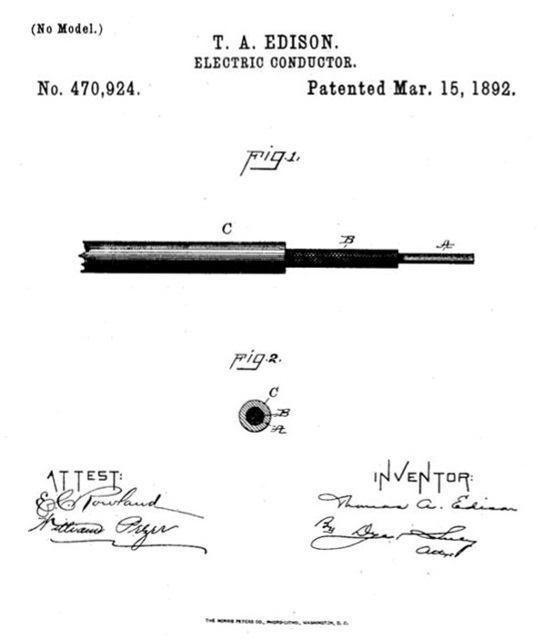Ampere current flows through copper or aluminum conductor due to the movement of free electrons in response to an applied electric field of varying voltages. Each copper or aluminum contributes one free electron to the electron sea, creating a vast reservoir of mobile charge carriers. When a potential difference (voltage) is applied across the ends of the conductor, an electric field is established within the conductor. This field exerts a force on the free electrons, causing them to move in the direction of the electric field. The resulting current flow can be transformed into different forms depending on the nature of the device.
Heating: When current flows through a resistor, it encounters resistance, which causes the resistor to heat up. This is the principle behind electric heaters, toasters, and incandescent light bulbs.
Mechanical Work: Current flowing through an electric motor creates a magnetic field, which interacts with the magnetic field of the motor’s permanent magnets or electromagnets. This interaction generates a mechanical force, causing the motor to rotate. Thus, electrical energy is converted into mechanical energy; including sound.
Light: In an incandescent light bulb, a filament heats up ( a quantum phenomena) due to the current passing through it. This is an example of electrical energy being converted into light energy; including the chemical energy through light emitting diodes
Today we dwell on how conductors are specified and installed in building premise wiring systems primarily; with some attention to paths designed to carry current flowing through unwanted paths (ground faults, phase imbalance, etc). In the time we have we will review the present state of the best practice literature developed by the organizations listed below:
International Electrotechnical Commission
60304 Low voltage installations: Protection against electric shock
Institute of Electrical and Electronic Engineers
National Electrical Safety Code
Insulated Cable Engineers Association
International Association of Electrical Inspectors
National Fire Protection Association
Transcript of CMP-6 Proposals for 2026 NEC
Other organizations such as the National Electrical Manufacturers Association, ASTM International, Underwriter Laboratories, also set product and installation standards. Data center wiring; fiber-optic and low-voltage control wiring is covered in other colloquia (e.g. Infotech and Security) and coordinated with the IEEE Education & Healthcare Facilities Committee.
Use the login credentials at the upper right of our home page.
Related:
Neher-McGrath Calculation: Cable Calculation ampacity and Thermal Analysis
ETAP: Cabling Sizing – Cable Thermal Analysis










